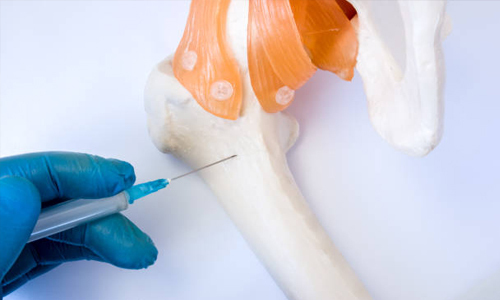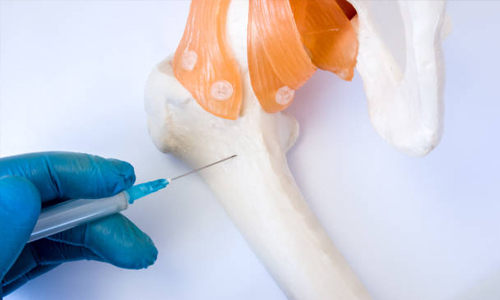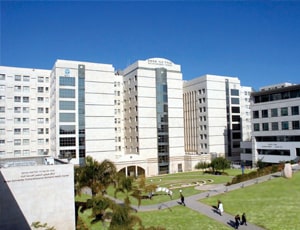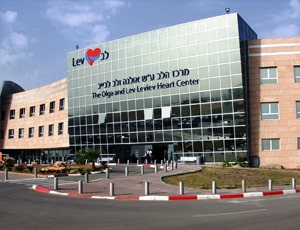The average cost of Bone Marrow Transplant in Petah Tikva approximately starts from USD 98000
Treatment cost

Gurgaon, India
USD 22750 USD 26000
Verfifed
We provide numerous services for your medical journey, including:
We provide packages at economical prices with a number of additional benefits which make it a better opportunity than spending actual hospital costs with singular benefits.

We provide numerous services for your medical journey, including:
We provide packages at economical prices with a number of additional benefits which make it a better opportunity than spending actual hospital costs with singular benefits.

Rabin Medical Center located in Petah Tikva, Israel is accredited by JCI. Also listed below are some of the most prominent infrastructural details:


Sheba Medical Center located in Tel-Hashomer, Israel is accredited by JCI. Also listed below are some of the most prominent infrastructural details:
A bone marrow transplant is a process that involves harvesting cells for transplantation from the bone marrow which is the spongy tissue found in the cavities of certain bones such as the hip bones. It is also known as Stem Cell transplant. The bone marrow is rich in stem cells, which are capable of developing into various types of blood cells.
The main objective of bone marrow transplantation (BMT) is to transplant healthy bone marrow cells into a patient after the patient's unhealthy bone marrow has been treated to eliminate cancerous cells.
BMT has been used successfully in the treatment of the following diseases such as:
There are two main types of bone marrow transplants (BMT), also known as stem cell transplants, based on the source of the stem cells. These are:
To ensure the patient is ready for a stem cell transplant, a series of tests will assess the overall health and condition, and A suitable donor identified for allogeneic transplants. This can be a sibling, an unrelated donor, or, in some cases, a half-matched family member (haploidentical).
This test may take a few days, a thin tube, known as a central line, is placed in a large vein in the chest or neck. This central line stays in place throughout the treatment, allowing the transplant team to deliver stem cells, medications, and blood products. This is called conditional therapy.
Following the completion of all pre-surgery testing, the following goals would be attained by performing Ablation therapy by the oncologists through chemotherapy and radiation to
Collection of the stem cells: For autologous transplants, the patient's stem cells are collected. This is usually done through a process called apheresis, where blood is drawn, stem cells are separated, and the remaining blood is returned to the patient.
For allogeneic transplants, the donor undergoes a similar process to collect stem cells.
Transplantation: The harvested stem cells are infused into the patient through a central venous catheter, similar to a blood transfusion. The infused stem cells travel to the bone marrow, where they begin to produce new blood cells.
Following the transplant, supportive care is provided to prevent and treat infections, side effects of treatments, and complications. This includes frequent blood tests, close monitoring of vital signs, strict measurement of fluid input and output, daily weigh-ins, and providing a safe and clean environment.
Engraftment: Engraftment refers to the successful establishment of the transplanted cells in the patient's bone marrow. This is monitored by regular blood tests to check for the presence of donor cells.
While undergoing bone marrow infusions, the patient could feel Pain, Chills, Fever, and Chest Pain.
Following a stem cell transplantation until the bone marrow can sufficiently produce blood cells, patients are at an increased risk of infections and diseases. To prevent contamination, individuals undergoing stem cell transplantation are typically placed in isolation rooms. This precautionary measure lasts for over a week or until the blood cell levels return to normal.
Isolation is more important in the case of allogeneic stem cell transplant than autologous stem cell transplant. This is the reason why some hospitals do not prefer to keep a patient who has had an autologous transplant isolated.
During the recovery phase, only one or two visitors are permitted, and those already unwell are strongly discouraged from visiting. Some hospitals offer autologous stem cell transplants on an outpatient basis, although regular follow-up visits for health monitoring are essential for a month or longer. The protective measures aim to ensure a safe and steady recuperation for patients during this critical phase of their treatment.
Ask your healthcare adviser for the best multiple options and choose the one that meets your expectations
Bone Marrow Transplant cost in Petah Tikva starts from about $98000. In Petah Tikva, Bone Marrow Transplant is conducted across many multispecialty hospitals.
Bone Marrow Transplant cost in Petah Tikva varies from one hospital to the other. There are many hospital who cover the cost of pre-surgical investigations of the patient in the treatment package. The Bone Marrow Transplant package in Petah Tikva includes the fees of the surgeon, hospitalization and anesthesia as well. Stay outside the package duration, port-operative complications and diagnosis of a new condition may further increase the Bone Marrow Transplant cost in Petah Tikva.
There are several best hospitals for Bone Marrow Transplant in Petah Tikva. The following are some of the most renowned hospitals for Bone Marrow Transplant in Petah Tikva:
Upon discharge from the hospital after Bone Marrow Transplant in Petah Tikva, the patients are advised to stay for about 60 days for recovery. This is important to ensure that the surgery was successful. During this time, control and follow-up tests take place to check for medical fitness.
Petah Tikva is considered to be one of the best places for Bone Marrow Transplant in the world. This is because of the availability of some of the best doctors, advanced medical technology and good hospital infrastructure. there are a select few destinations that provide comparable quality of healthcare for the procedure. Some of such cities are:
There are certain expenses additional to the Bone Marrow Transplant cost that the patient may have to pay for. These are the charges for daily meals and accommodation outside the hospital. The per day cost in this case may range from 75 USD.
After the Bone Marrow Transplant surgery takes place, the average duration of stay at the hospital is about 30 Days. This phase is important to ensure that the patient is recovering well and is clinically stable. During this time, several tests are performed before the patient is deemed suitable for discharge.
Out of all the hospitals in Petah Tikva, there are about 1 Hospitals best hospitals for Bone Marrow Transplant in Petah Tikva. These hospitals have the required infrastructure and a decided Bone Marrow Transplant unit where renal failure patients can be treated. Also, these hospitals follow the necessary guidelines as required by the medical associations for the treatment of Bone Marrow Transplant patients.
Some of the most sought after doctors for Bone Marrow Transplant in Petah Tikva are:
Petah Tikva, a city in Israel is fast emerging as a popular destination amongst international patients for receiving affordable yet good healthcare. The Israeli healthcare system is regarded as one of the most advanced and effective in the world. The hospitals in the city of Petah Tikva employ some of the best medical specialists who are well-known for their dedication and professionalism. Many patients travel to this city to avail treatments such as bone marrow transplants, rehabilitation, IVF treatment, cardiac surgery, and cancer treatment. Most hospitals in Petah Tikva have multidisciplinary teams of medical professionals for delivering comprehensive care to patients. The hospitals have excellent infrastructure and high success rates for organ transplants and IVF.
Hospitals in Petak Tikva have modern amenities and well-trained medical staff in various specialties such as oncology, neurology, and cardiology. Some of the best hospitals in Petah Tikva are
The doctors in Petah Tikva are highly skilled and are members of respected professional associations. Some of the top doctors are:
To reach Petah Tikva, you will have to board a flight to Tel Aviv airport. From there, you can commute via a bus or train to Petah Tikva. In case you want to visit Petah Tikva for your treatment, we can assist you in organizing the travel.